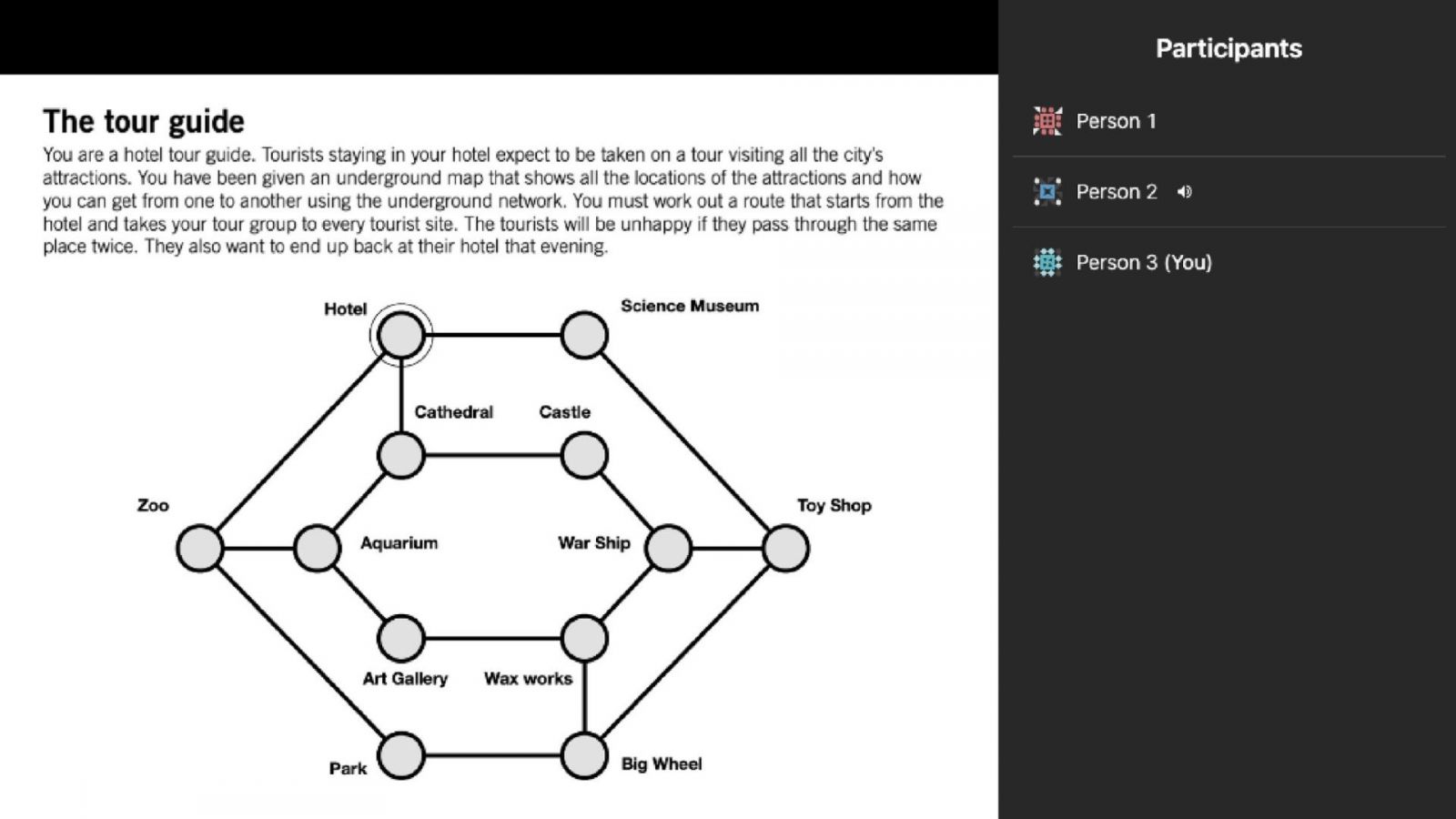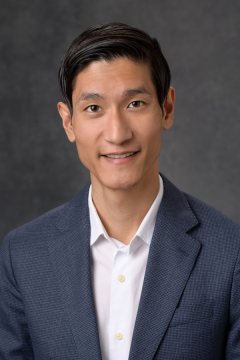
Dominic Kao, a professor in Purdue Polytechnic’s Department of Computer and Information Technology (CIT), recently published an article that could improve virtual communication for women in group work settings by using anonymized voice avatars.
Voice-changing technology and practices have long been a part of entertainment, reaching as far back as Greek theater and becoming features of children’s toys decades ago. Voice changers, or vocoders, have also been a strategy for protecting sensitive government communications.

The concept of voice masking for security and anonymity isn't new, but Kao and his team are now exploring the psychosocial implications of voice avatars in virtual collaboration settings.
Kao, who was trained at MIT and worked in game and software development before joining the faculty at Purdue, recently oversaw his team's recent publication in the International Journal of Human-Computer Studies on the impact of voice avatars in group work, specifically examining changes in women’s communication and performance while using voice avatars to mask participants’ voices. Kao says the idea for the topic came about in response to the lack of research in the area.
"It's really because we have decades of research on the visual impacts of avatars... but very little comparatively on the audial impacts," Kao said. “There’s a whole audial domain which has been shown to affect humans—for example, we infer many of a person’s attributes based on their voice alone—yet the research has focused primarily on visual appearance.”
Bringing experience in the gaming industry and seeing a rise in the use of online avatars, Kao wanted to begin to close the research gap by exploring how anonymizing voices could influence gender bias, stereotype threat (a social science term indicating a situation where one feels at risk of conforming to a stereotype), and communication.
Masking gender in voices
Kao and the team used their past publications as a launch pad for this voice avatar study. First, they developed voice avatar creation software, meaning select participants' voices would be masked so other members of their group could not identify their gender. Then they compared the groups using voice masking to a group working entirely unmasked. The team measured variables like duration of speaking, response speed, correctness, stereotype threat, autonomous respect, and number of words spoken within each group, which yielded a few notable findings:
- Females in groups using gender-anonymous voice avatars spoke more and longer
- Females also scored higher on the computing problems they were given in the groups using gender-anonymous voice avatars
- The more voices were masked in the group, the better female participants performed overall
Avatars for gaming, learning, and work
The potential applications of voice avatars are growing, especially within virtual work environments, online education, and entertainment. Kao acknowledges that anonymizing gender online does not provide a solution for the underlying cultural issues of stereotype threat and gender bias, nor did it affect all of the variables they measured in the experiment, but it does offer promising data that could impact online environments for women in STEM, academic endeavors, and online gaming spaces.
"We suggest that this study's results be interpreted as support for a solution that utilizes avatars, both visual and audial, to deemphasize gender cues and instead encourage users to express other aspects of their identities that are more relevant to the context of interaction," Kao and the team noted in their paper.
The future of avatar research
Kao's team plans to continue working on avatar research to learn more about how they can foster diversity and inclusion. They have already published papers on avatar voices in educational games and how voice avatars can enhance visual avatars.
Kao expressed his gratitude to the CIT department, faculty, and administration for supporting this work. The CIT department currently plays a critical role in Purdue Computes, a presidential strategic initiative to become one of the nation’s top programs for computer science through innovative research and unparalleled excellence in education.
Additional information
- Kao’s voice research (International Journal of Human-Computer Studies)
- Purdue Computes
